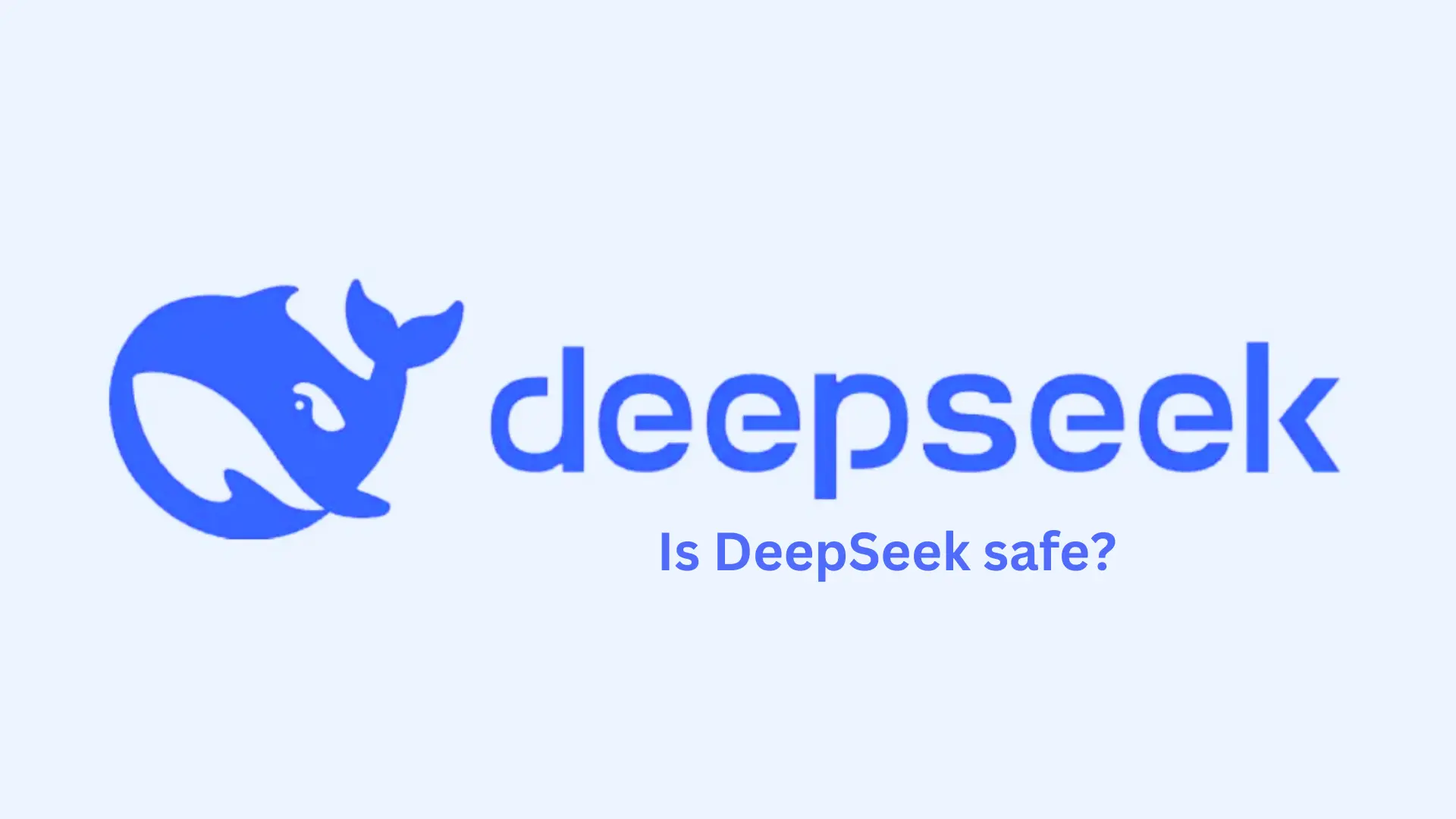With artificial intelligence becoming more integrated into our daily lives, concerns about privacy and security have taken center stage, and rightly so. We’ve spent countless hours exploring different AI platforms and their safety features, and this is our take on DeepSeek Ai. To answer the big question right away: Is DeepSeek safe? The answer is a cautious YES. But on the other hand It’s important to be aware of certain cybersecurity risks that come with using AI platforms in general.
Security Challenges for AI Platforms
AI tools are transformative, but they also present unique challenges when it comes to security. One concern is how they handle user data. AI platforms typically need vast amounts of information to function effectively, and that data may include sensitive user inputs.
Hackers often target AI systems to access this data, potentially to gain insight into conversations or exploiting system vulnerabilities. There are also risks involving API integrations, where third-party applications can open up security loopholes.
Moreover, AI models can be manipulated through jailbreaking techniques, where users bypass security protocols to force the platform into generating unethical or harmful outputs. These vulnerabilities underscore why a strong focus on cybersecurity is essential for any AI platform.
What Information Does DeepSeek Collect?
To answer the question” is DeepSeek safe” one must look into the data and information DeepSeek collects. When you use DeepSeek, the platform collects a range of information:
- User-provided data: This includes any text or audio input, prompts, uploaded files, and feedback you share during interactions.
- Device and network data: Things like your device model, IP address, operating system, and keystroke patterns are tracked automatically.
- Usage data: DeepSeek monitors how you interact with its services to improve the platform’s performance.
Is DeepSeek Safe to Use?
Based on our experience, using DeepSeek safely requires some proactive measures. The platform itself isn’t inherently dangerous, but user behavior can significantly affect security outcomes. Wanna know how? Keep reading.
DeepSeek stores data on secure servers and follows protocols similar to other leading AI providers. However, concerns about potential misuse of user data or breaches remain, as with any tech service.
One thing we know is that users must be conscious of what they input into such systems. Sharing personally identifiable or sensitive information is a risk, even when the platform seems trustworthy.
Data Privacy and Security
Data privacy is one of the most important considerations when evaluating any AI platform. DeepSeek’s privacy policy indicates that user inputs are used to improve its AI models, something that major platforms like OpenAI and Google Bard also do.
However, transparency about how long this data is stored and where it’s kept can sometimes be vague. If you’re using DeepSeek for business purposes, ensure that you understand its data-sharing policies thoroughly.
Legitimate Sources and Content
One area where DeepSeek shines is in sourcing information. The platform pulls content from legitimate sources, which reduces the spread of misinformation. However, it’s still essential to double-check facts, especially for critical or sensitive queries. While DeepSeek tried its best to avoid providing incorrect information, no AI platform is immune to errors. Always approach its responses as starting points rather than definitive answers.
Protection from Malware
One concern we often hear is whether AI tools can expose users to malware. The good news? DeepSeek itself doesn’t distribute malicious software. But the links or resources it may suggest during conversations could inadvertently direct users to unsafe websites.
Our advice? Use reputable antivirus software and avoid clicking on unfamiliar links, even when suggested by seemingly credible AI outputs.
Ethical Concerns
Another issue worth mentioning is the ethical aspect of AI-generated content. DeepSeek, like other platforms, might be susceptible to biases in the training data it uses. It’s crucial to maintain a critical eye when evaluating its responses.
Moreover, DeepSeek’s content moderation may limit certain discussions or filter sensitive topics, a trade-off between maintaining ethical guidelines and user freedom.
DeepSeek Users Reviews and Reputation
User feedback on DeepSeek has been mixed. Some appreciate its efficiency and accuracy, while others express concerns over privacy and data usage.We’ve tested the platform and found it to be useful for research tasks but always kept data privacy in mind. One thing that stood out to opdeepseek team was the platform’s responsiveness to feedback, they seem genuinely interested in improving user experience, which is a positive sign for sure.
How DeepSeek Uses Your Information
DeepSeek uses user information for several purposes, including:
- Improving AI models and user experience.
- Monitoring system performance.
- Detecting and addressing security threats.
While these uses are fairly standard, the key takeaway is to be mindful of what data you share and to read the privacy policy thoroughly.
Precautions for Safe Use of DeepSeek AI
To stay safe while using DeepSeek, here are a few tips I personally follow:
- Limit personal information: Only share what’s absolutely necessary.
- Enable security settings: Make use of multi-factor authentication if available.
- Use a secure connection: Avoid public Wi-Fi when accessing sensitive information.
- Stay updated: Regularly review privacy policy updates and security recommendations.
Conclusion
So, is DeepSeek safe? The platform itself offers solid AI capabilities, but safety always largely depends on how you use it. By staying cautious and informed, you can enjoy the benefits of AI while minimizing potential risks. From my experience, the key is to balance convenience with mindfulness and that applies not just to DeepSeek but to any technology we invite into our lives.
Check DeepSeek Sign-up Methods and learn how to sign-up.
